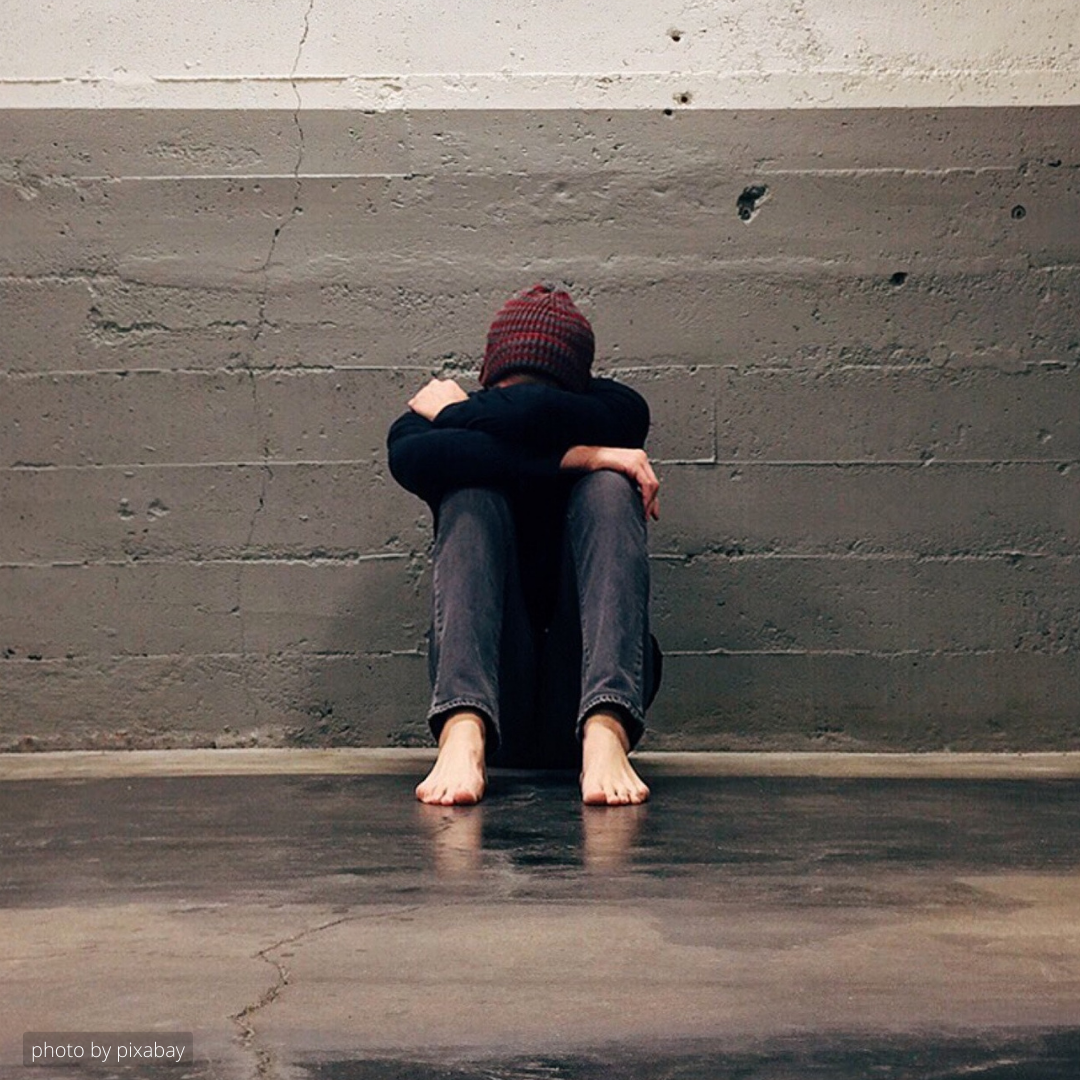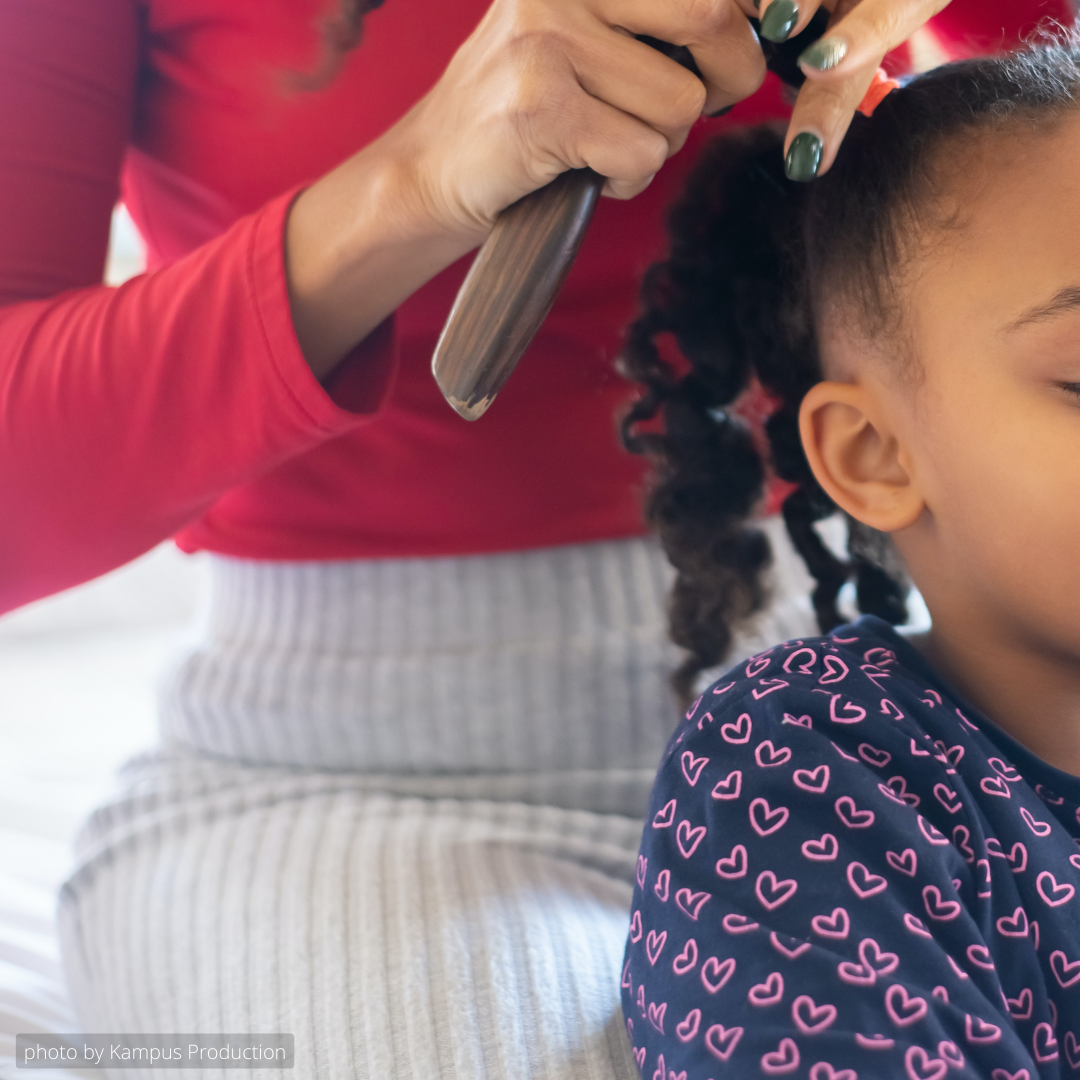They described feeling responsible for not seeing that they were being coerced—an unreasonable expectation on young people:

“It made me feel really bad because I knew I contributed to it in some way.”
~ young survivor, Namibia
“…my mom was the person I trusted the most in my family, so, I told her. She was criticising me and then I got disappointed because I was expecting a little bit more help from her since it was difficult for me to open up. I told her and she disappointed me.”
~ young survivor, Namibia

For some survivors, the realisation that the sexual content they had been persuaded or pressured to share could be sent to people was frightening and a huge cause of distress:
“… I felt like committing suicide because I felt so embarrassed since I thought the photos were on social media…”
~ young survivor, Namibia
It is essential that caregivers and involved professionals be sensitive to the potential shame and humiliation felt by the child. Responses to disclosures of online child sexual exploitation and abuse should always convey that the abuse is never the child’s fault, whatever choices they have made. All responses to and interactions with child survivors should be without judgment or punishment.
Funded by the Global Partnership to End Violence Against Children, Disrupting Harm is the largest scale comprehensive research study ever undertaken on the topic of online child sexual exploitation and abuse which specifically focused on 13 countries in Southeast Asia and Southern and East Africa between 2019 and 2022. The study is a joint collaboration between ECPAT, INTERPOL and the UNICEF Office of Research – Innocenti.
Adjacent to the country-specific research activities, Disrupting Harm: Conversations With Young Survivors centres the perspectives of young survivors of online child sexual exploitation and abuse. The conversations focus on understanding and interpreting what these young people were subjected to, as well as their ideas concerning the best solutions.
Disrupting Harm: Conversations With Young Survivors About Online Child Sexual Exploitation launches 19 January 2023.
About Disrupting Harm, our research, and our partners
Comment, like and share to help us get the word out! #DisruptingHarm
Twitter | Facebook | Instagram | LinkedIn